16 U.S. states, along with the District of Columbia and the Justice Department, have collectively filed a lawsuit against Apple. This legal action targets the federal government’s efforts to curb the influence of one of the world’s largest technology companies.
In the lawsuit, the federal government contends that Apple violated antitrust laws, thereby creating obstacles for consumers in selecting alternative smart device products.
The Lawsuit Accuses Apple of Monopolizing
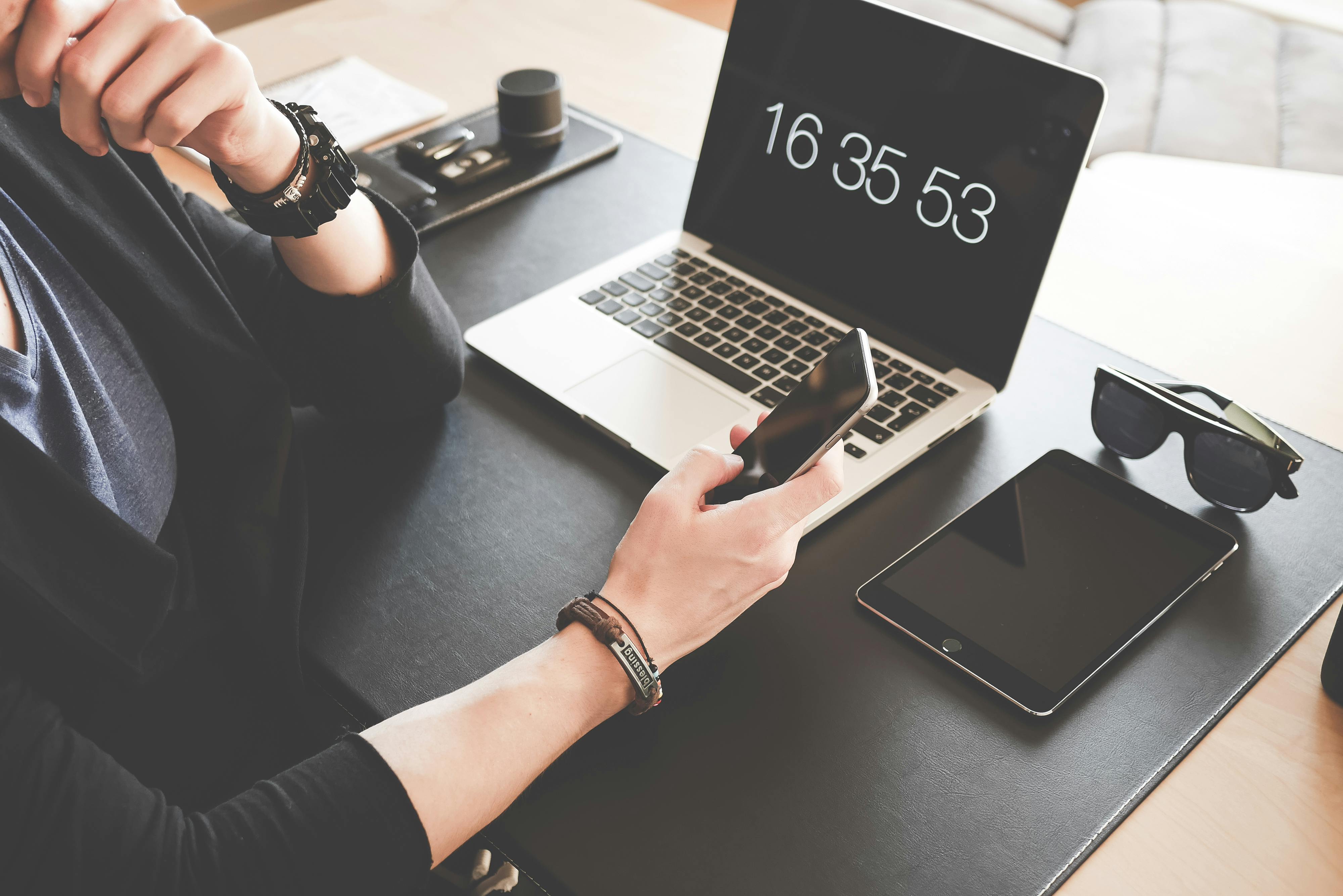
This reliance challenges consumers to transition to alternative devices, establishing Apple’s dominance in the market as a tech giant monopoly.
Some Monopolies Are Illegal
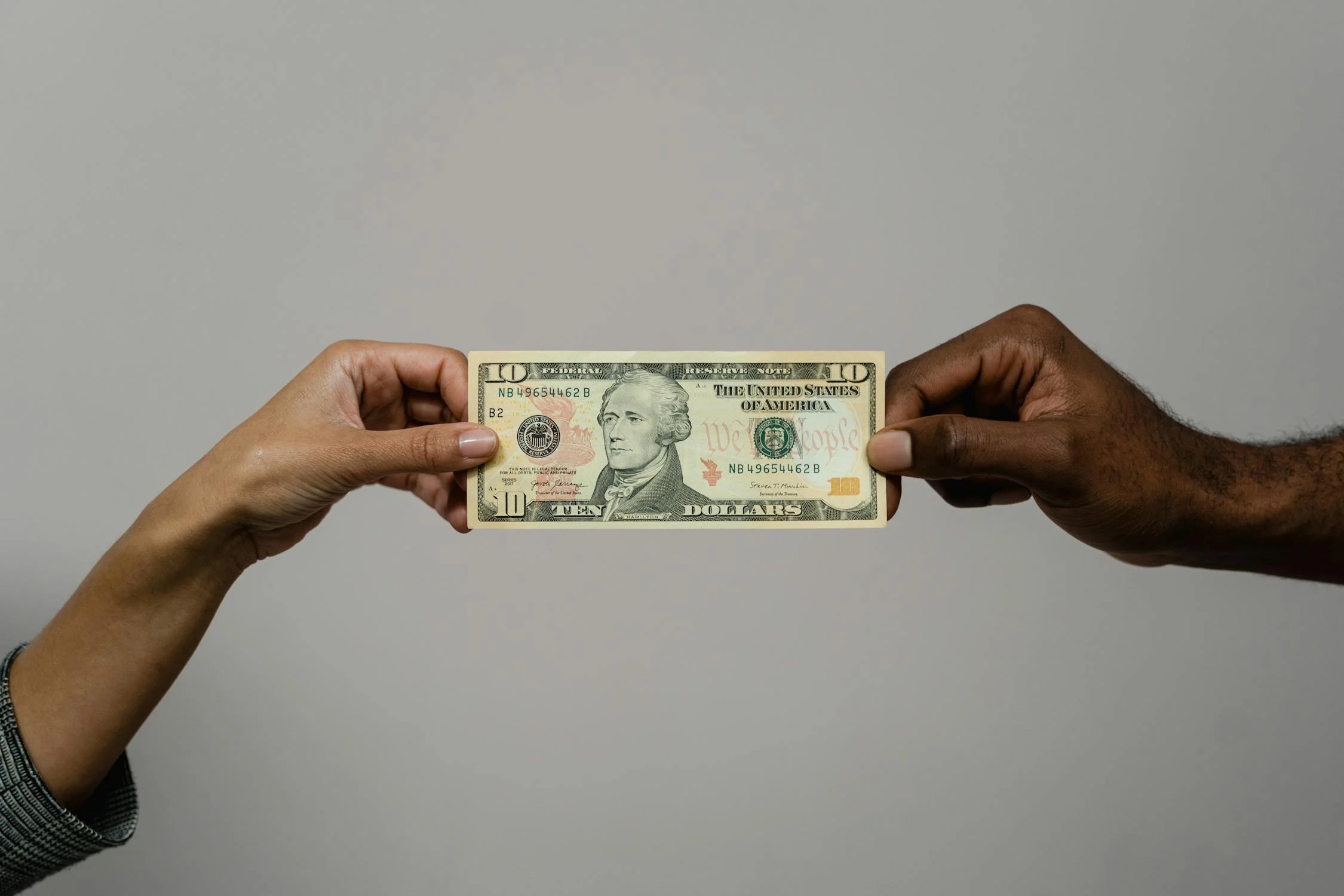
Employing unfair tactics to monopolize a market instead of engaging in fair competition harms both consumers and businesses.
Apple Shuts Out Competition on the iPhone
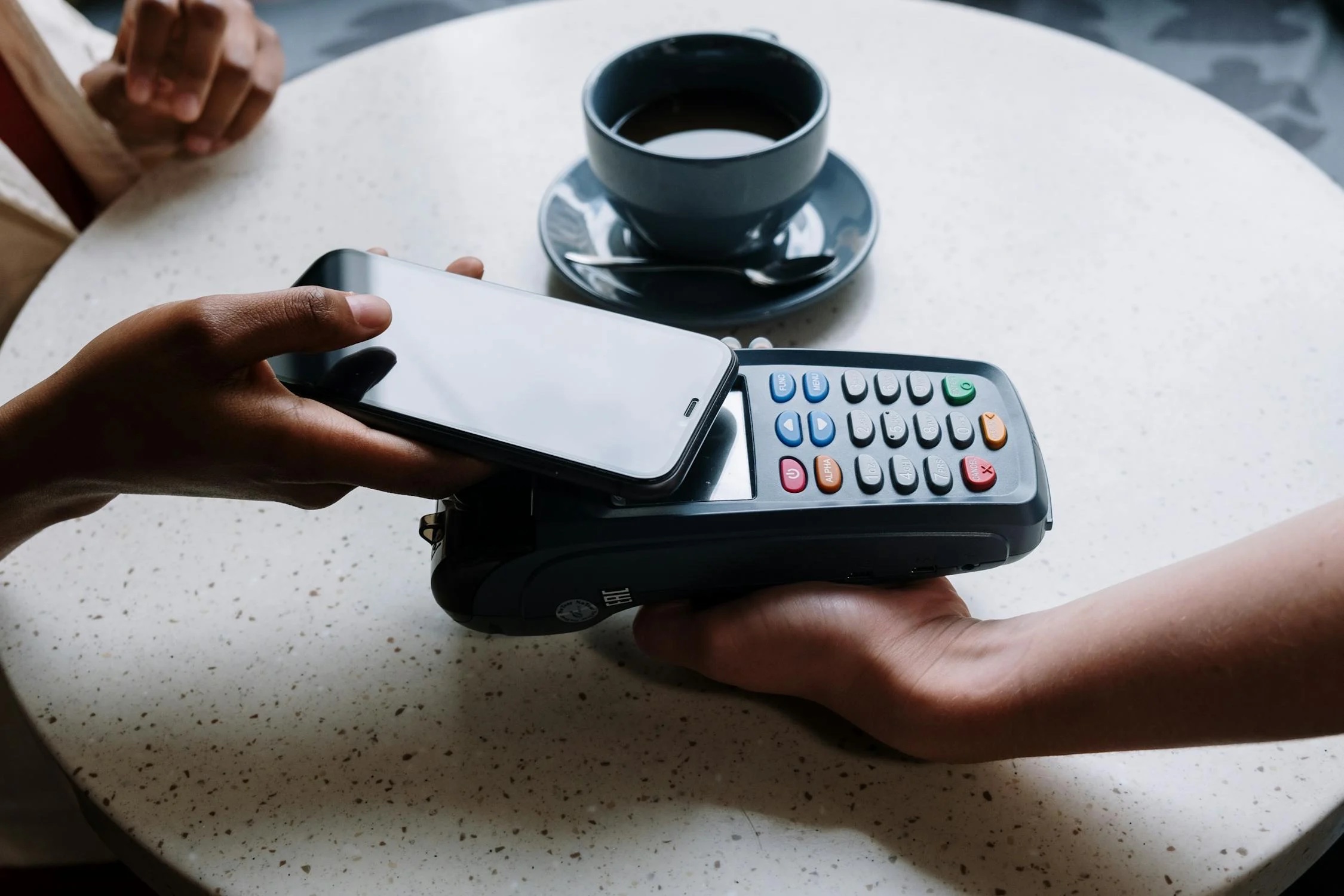
The lawsuit alleges that the tech giant prevents other companies from developing applications that compete with Apple products, including its digital wallet.
According to the government, these applications could diminish the value of the iPhone. However, Apple’s policies are criticized for harming consumers and smaller companies, as they do not receive the best service from Apple.
The Lawsuit Breaks Down Apple’s Successful Devices and Services
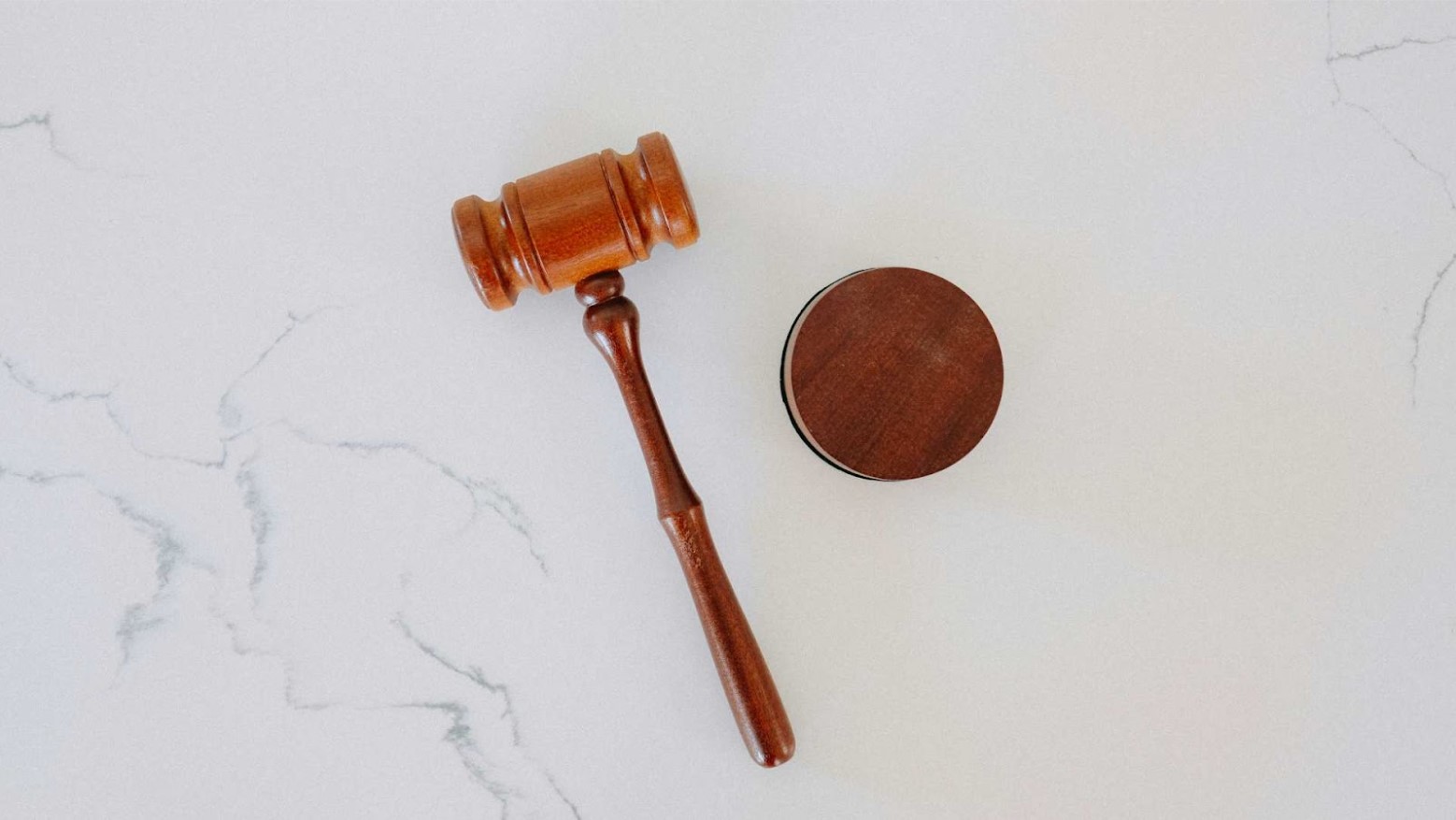
“Each step in Apple’s course of conduct built and reinforced the moat around its smartphone monopoly,” the government said in the lawsuit, which was filed in the U.S. District Court for the District of New Jersey.
This lawsuit is the result of years of government officials closely examining Apple’s successful devices and services.
The Uneven Playing Field
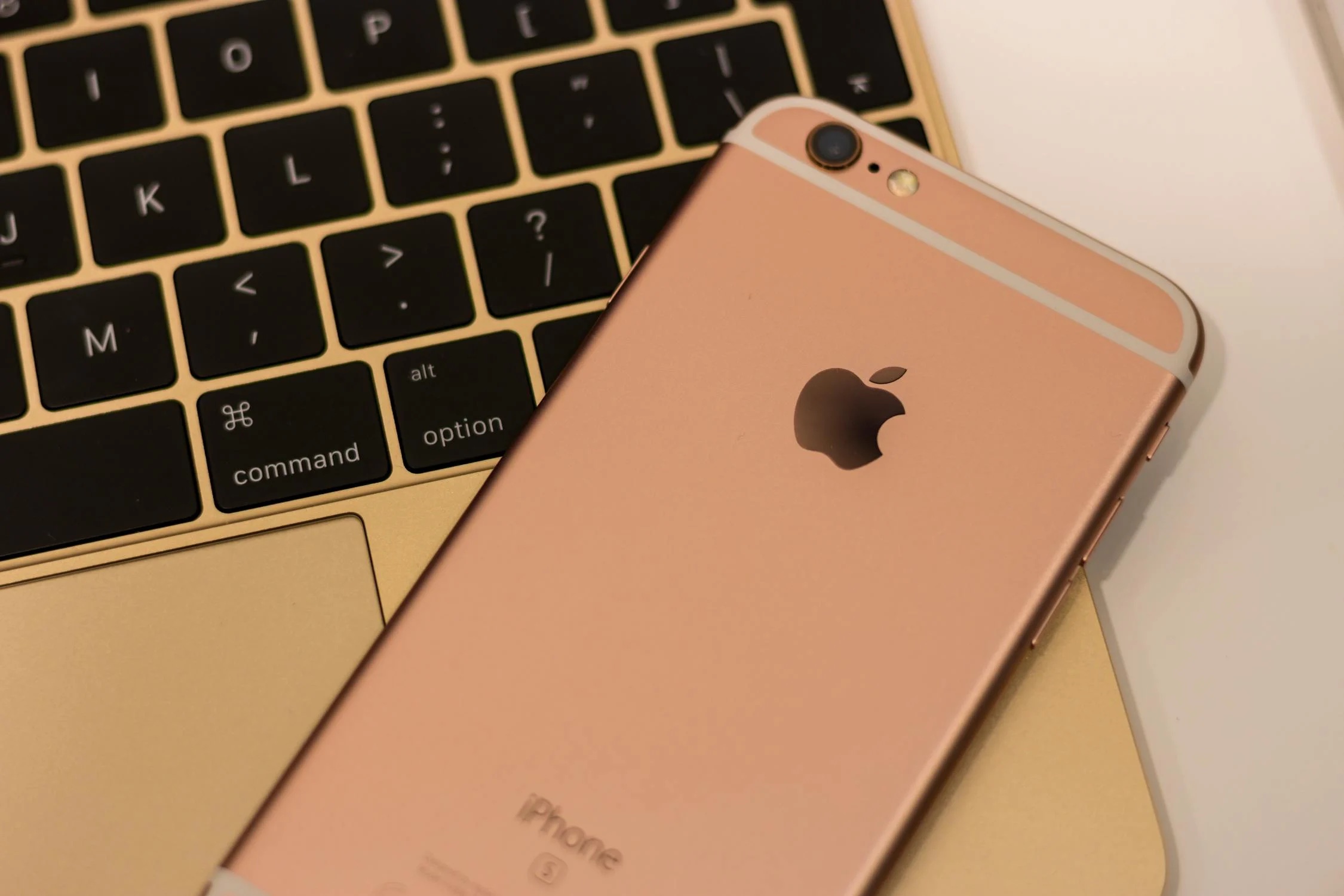
The success of the iPhone has propelled Apple to a $2.75 trillion valuation, making it the world’s most valuable company. Despite its remarkable achievement, Apple has faced criticism due to the user experience on iPhones and other devices, with some arguing that the company has created an uneven playing field.
Core features of Apple’s iPhones have become deeply integrated into people’s daily routines, making it challenging for consumers to transition to other smartphone brands. This reliance on Apple’s brand has further solidified its position in the market.
The Accessibility of the iPhone With Apple Products
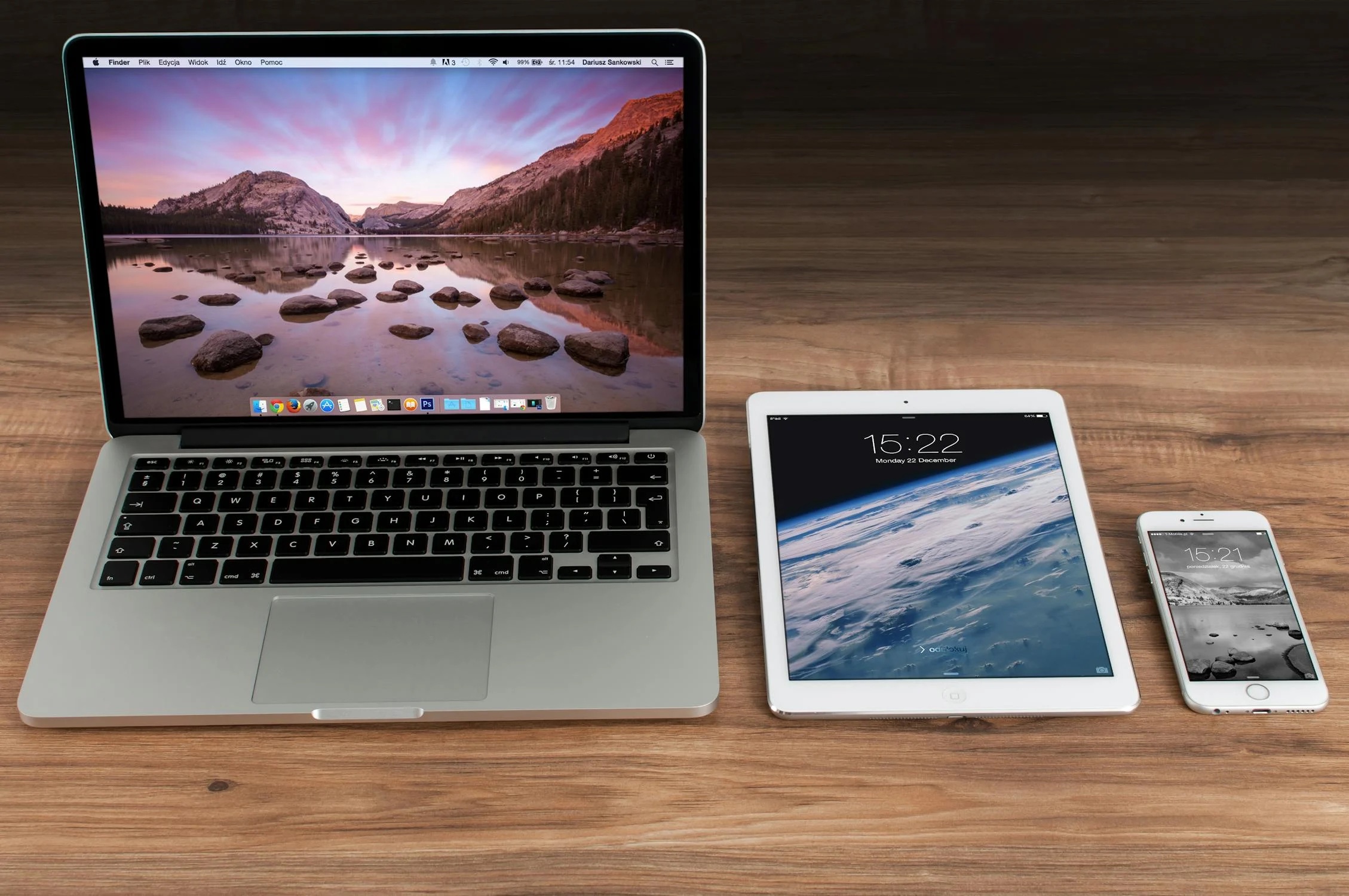
The tech company claims that its new, more secure smartphone is outperforming both app developers and rival devices.
While Apple products have undoubtedly enhanced consumers’ lives, the absence of competition has given Apple undue advantage, resulting in the release of smartphones with inflated prices and diminished innovation. This apparent disregard for antitrust laws raises concerns about fair market practices.
Apple Pushes Against the Lawsuit
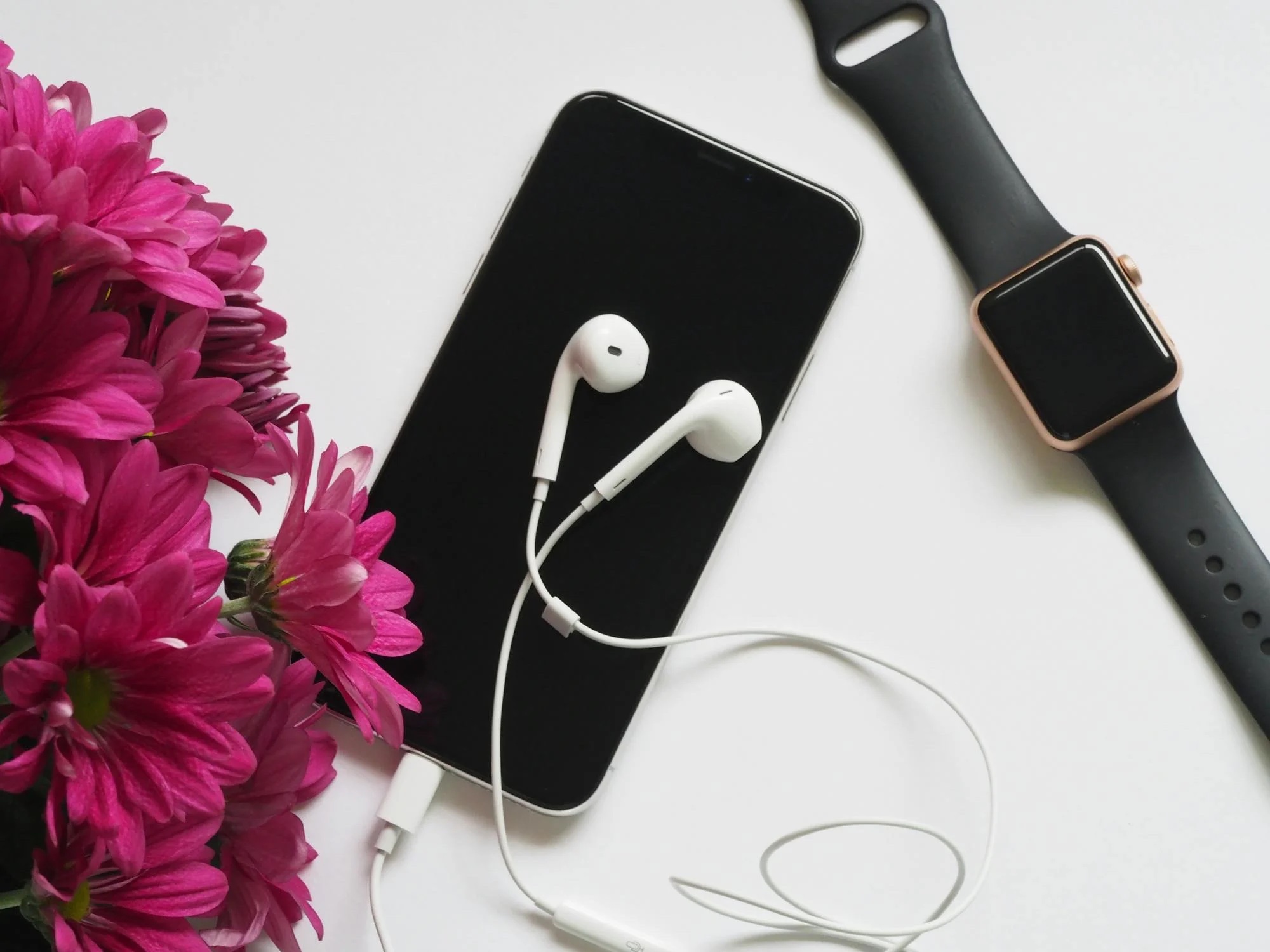
“This lawsuit threatens who we are and the principles that set Apple products apart in fiercely competitive markets,” an Apple spokeswoman said (via the New York Times).
“If successful, it would hinder our ability to create the kind of technology people expect from Apple—where hardware, software, and services intersect. It would also set a dangerous precedent, empowering the government to take a heavy hand in designing people’s technology.”
How Will This Affect You?
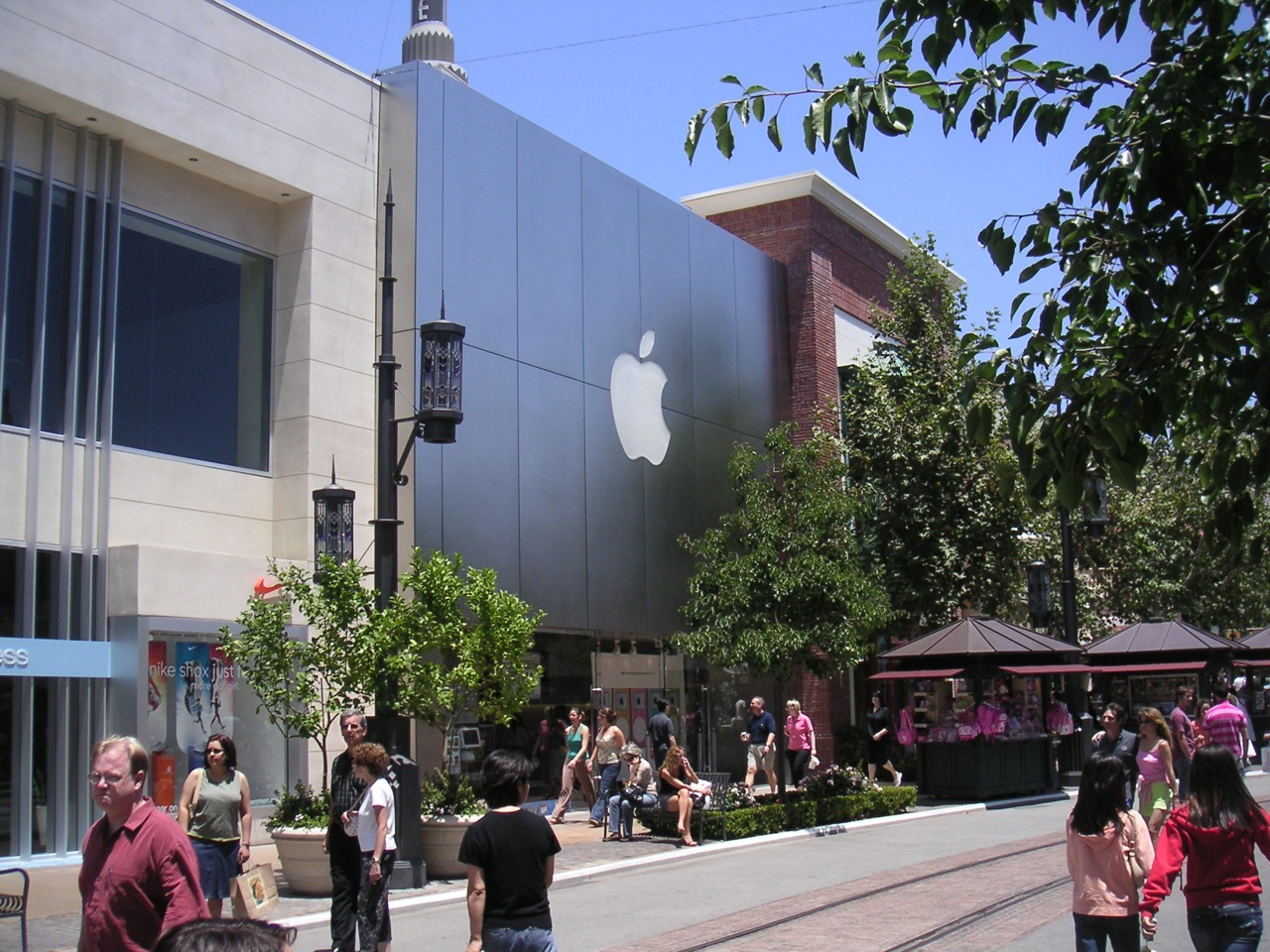
The implications of the lawsuit on consumers remain unclear. The ongoing legal battle between the government and Apple may persist for years as they seek a mutually beneficial compromise.
The lawsuit directly challenges Apple’s practice of blocking cloud-streaming apps. This practice, according to the lawsuit, impedes communication between different smartphone operating systems and limits consumer choice for digital wallets.
This Isn’t Apple’s First Antitrust Challenge
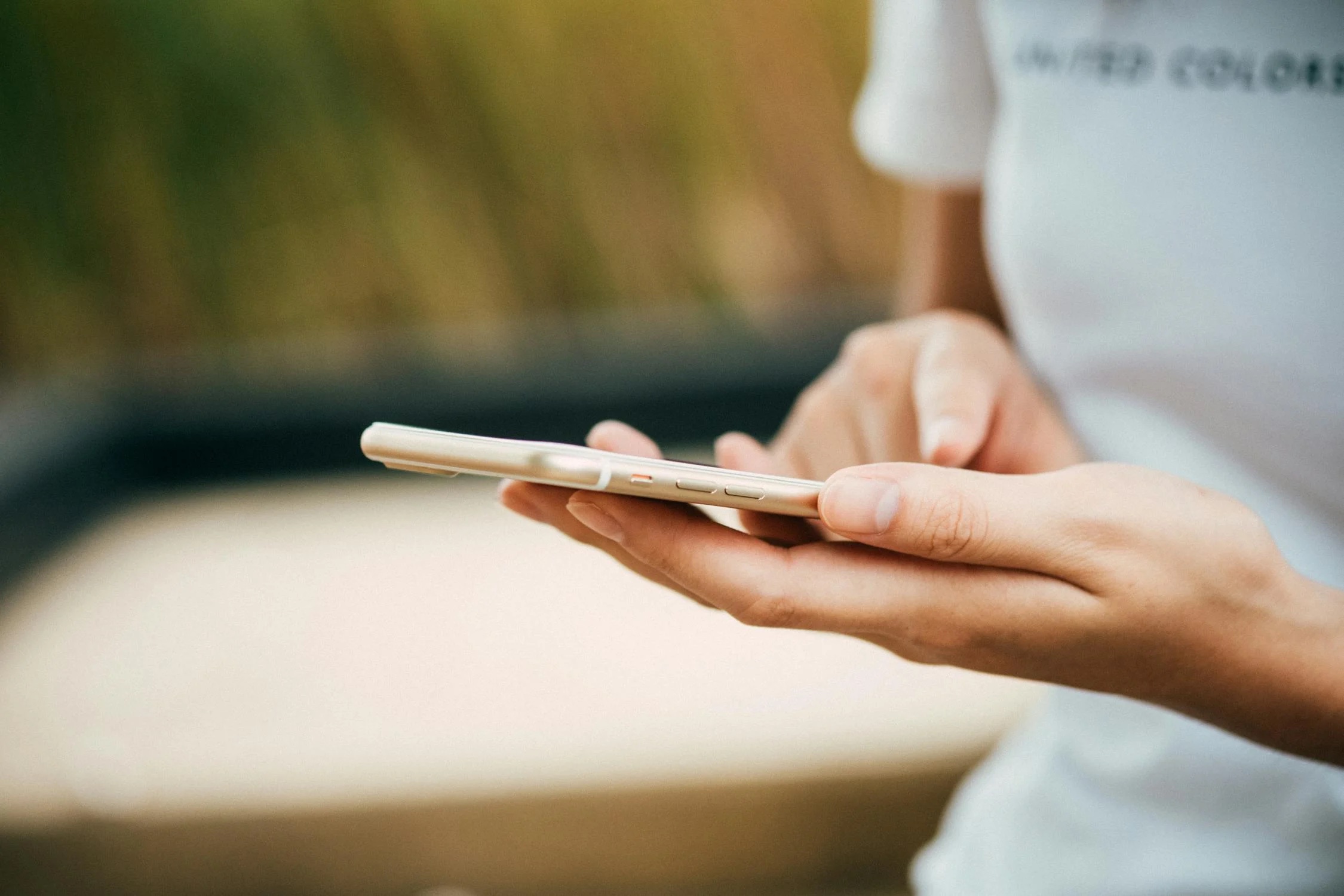
Apple has been facing various antitrust challenges for several years. In 2020, Epic Games sued Apple’s App Store over its policies. Apple defended these policies by arguing that customers could easily switch between the iPhone operating system and Google’s Android system.
This argument aimed to justify that the App Store policies were not the determining factor for why consumers prefer the iPhone over other smartphones.
Antitrust Challenges in the Modern Tech-Era
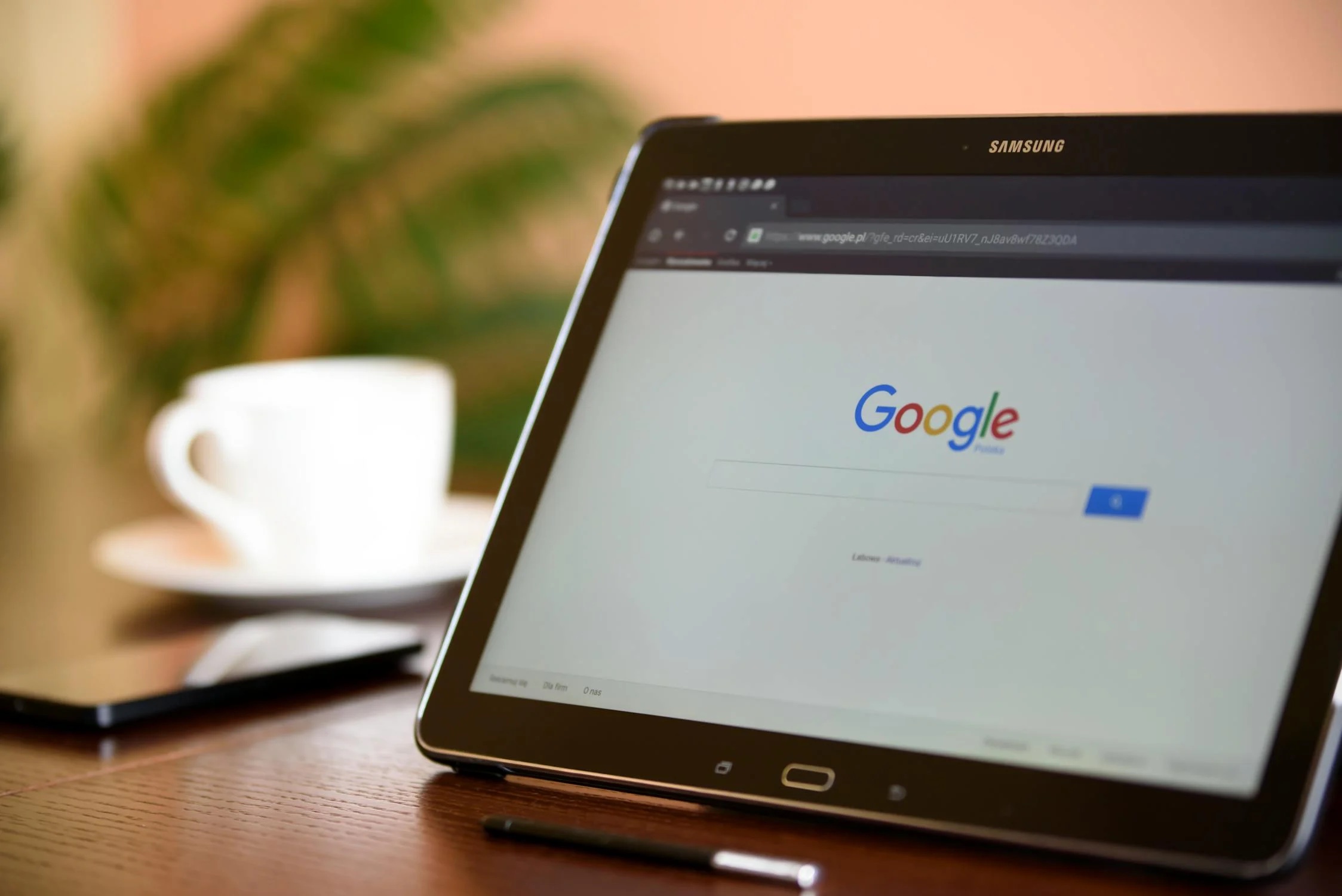
Apple isn’t the only tech giant to face allegations of antitrust violations. Google’s search business and advertising technology have become recent targets for the Justice Department.
The Federal Trade Commission sued Meta after the company purchased Instagram and WhatsApp, challenging its dominance. Amazon has also been accused of abusing its power as it dominates the online retail space.
Is the Era of Modern Tech Fair?
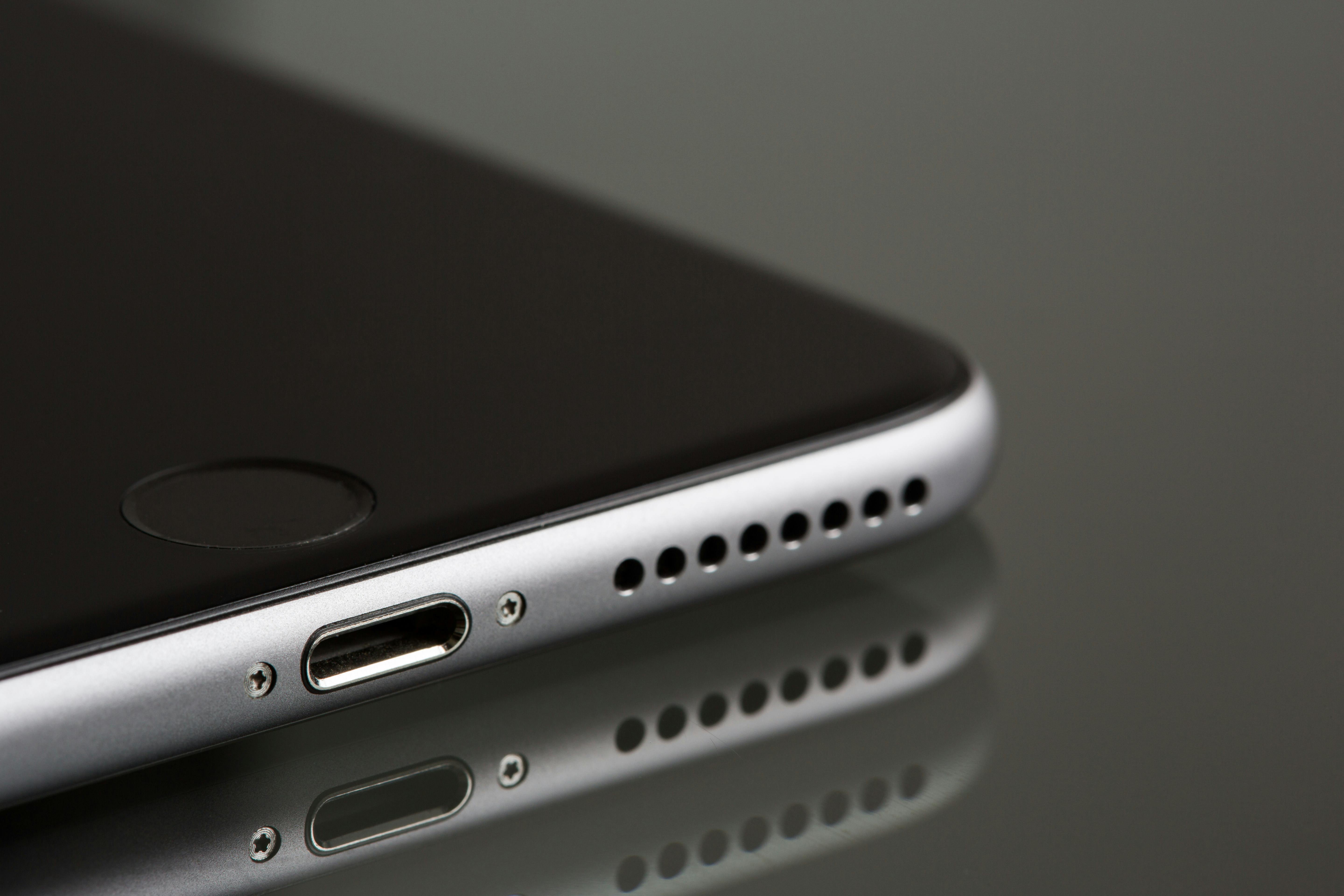
“This case is about technology,” said Colin Kass, an antitrust lawyer at Proskauer Rose. “Can the antitrust laws force a company to redesign its product to make it more compatible with competitors’ products?”
“Competition makes devices more private and more secure,” said Jonathan Kanter, assistant attorney general of the Justice Department’s antitrust division. “In many instances, Apple’s conduct has made its ecosystem less private and less secure.”
